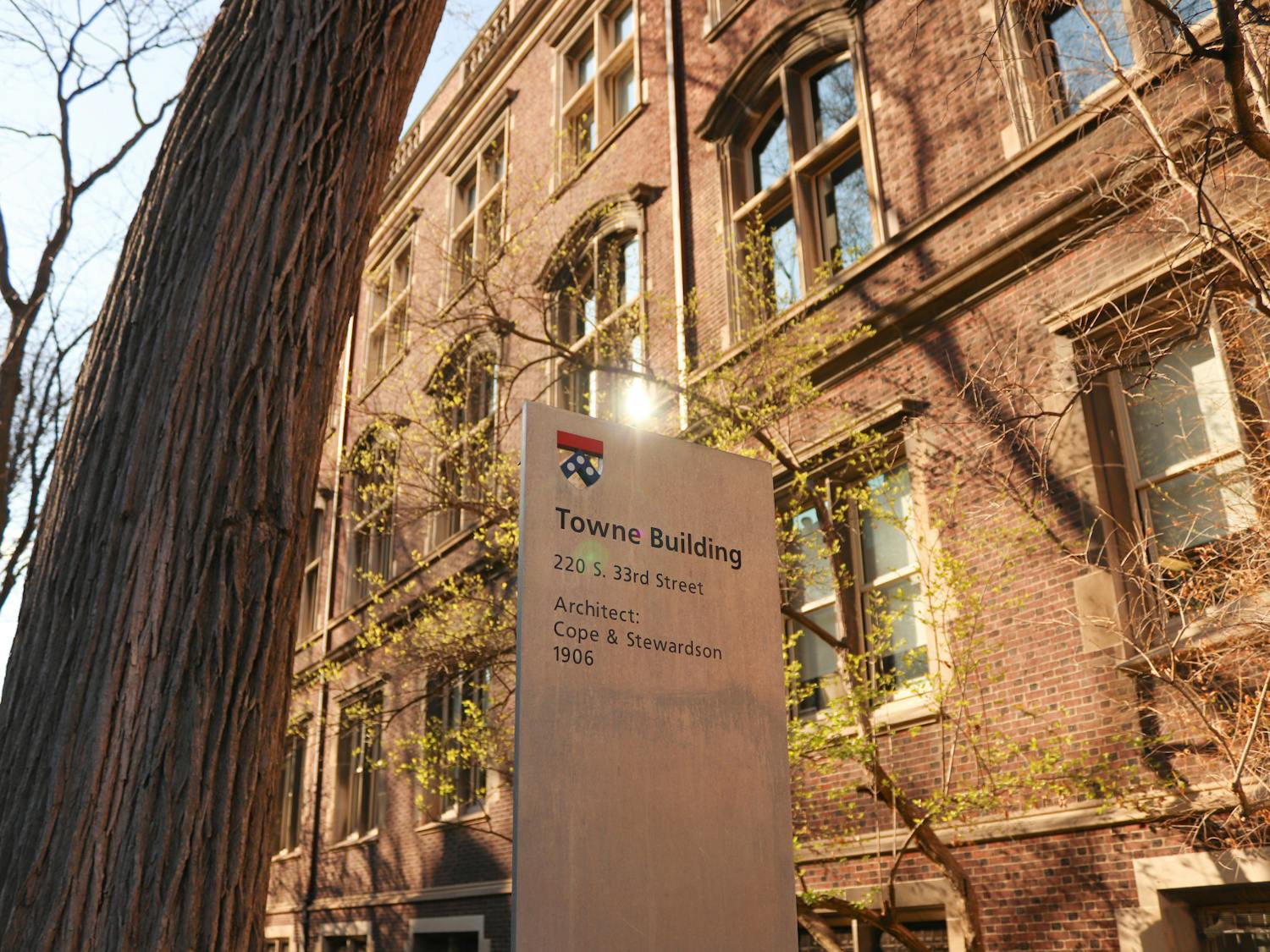September 11-- and now its one-year anniversary-- has come and gone. But what about September 12? January 3? May 27?
University experts say that this question -- whether the terrorist attacks of Sept. 11, 2001, were a one-time tragedy if they mark the beginning of a much greater battle yet to come -- must be answered before they can determine the effects of the attacks on academia at large.
"If September 11 was one shot, it will be a kind of blip in history -- a very memorable blip, and we will return to normalcy as we have already done in some ways," Political Science Department Chairman Jack Nagel said. "If this is the beginning of a long struggle, then it may have a very different impact and much more lasting impact as opposed to just being a temporary shock from which we recover."
Political Science Professor Stephen Gale said that, by and large, he sees no drastic changes in academia over the past year.
"As far as I know, as a place where people study and do research, [Sept. 11] has not changed academia at all," Gale said. "We offer the same courses, the same majors, we have the same number of enrollment. No students are marching off to war. It is certainly not talked about on a daily basis by faculty, and it is not going to change our research."
Gale said he believes that even some of the most expected changes -- those in the realm of campus security -- have not been implemented with much gusto.
"It has not changed our security on campus," he said. "Your bags are not searched when you enter McNeil, and as far as I can tell, this has not affected security at all."
Even the Wharton School, many students of which will enter New York's financial district where the towers of the World Trade Center once stood, remains basically unscathed, said Finance Professor Jeremy Siegel.
"The financial sector was undergoing a contraction well before September 11, and I really think that after the big boom there has been a big belt tightening on the part of investment firms," Siegel said. "I think that would have happened even if there had not been a September 11."
In fact, Siegel said the economic ramifications of the attacks have been surprisingly mild.
"It is hard to say [how to teach Sept. 11] because it actually did not have a very negative impact on the economy," he said. "Overall, the economic impact was not as severe as had been anticipated."
Siegel said that, like his fellow professors, he believes only time will tell the attacks' true effects on academia.
"It takes much longer than one year to judge the impact of an event," Siegel said. "It is very hard to say if there will ever be any more attacks, what are the developments, if this was a turning point."
But professors in other departments, especially those of political science and international relations, said they are feeling the effects in more subtle ways.
"The study of IR and Poli Sci assumes that the main actors are nation states, and here this terribly important actor is this shadow group called al Qaeda, which is not a nation state at all," Nagel said.
"This area of study is based on rationality, and it is hard for people to come to grips with that... that the cause is not rooted in common sense but in religious ideology and fanaticism."
Yet, despite all the uncertainty, Gale said he believes that history books could still muster up a chapter or two on the ordeal.
"As of today, I think most history books will write about it as any commemorative event -- it was awful, it happened and now we are healing our wounds," Gale said. "As of now, it would come out as a horrible turning point in America."
But Gale said he does not believe that sense of partial closure is realistic.
"I am sitting here waiting not just for the other shoe to drop, but for the whole series of shoes," Gale said. "I am wondering where they will be and what they will hit."








